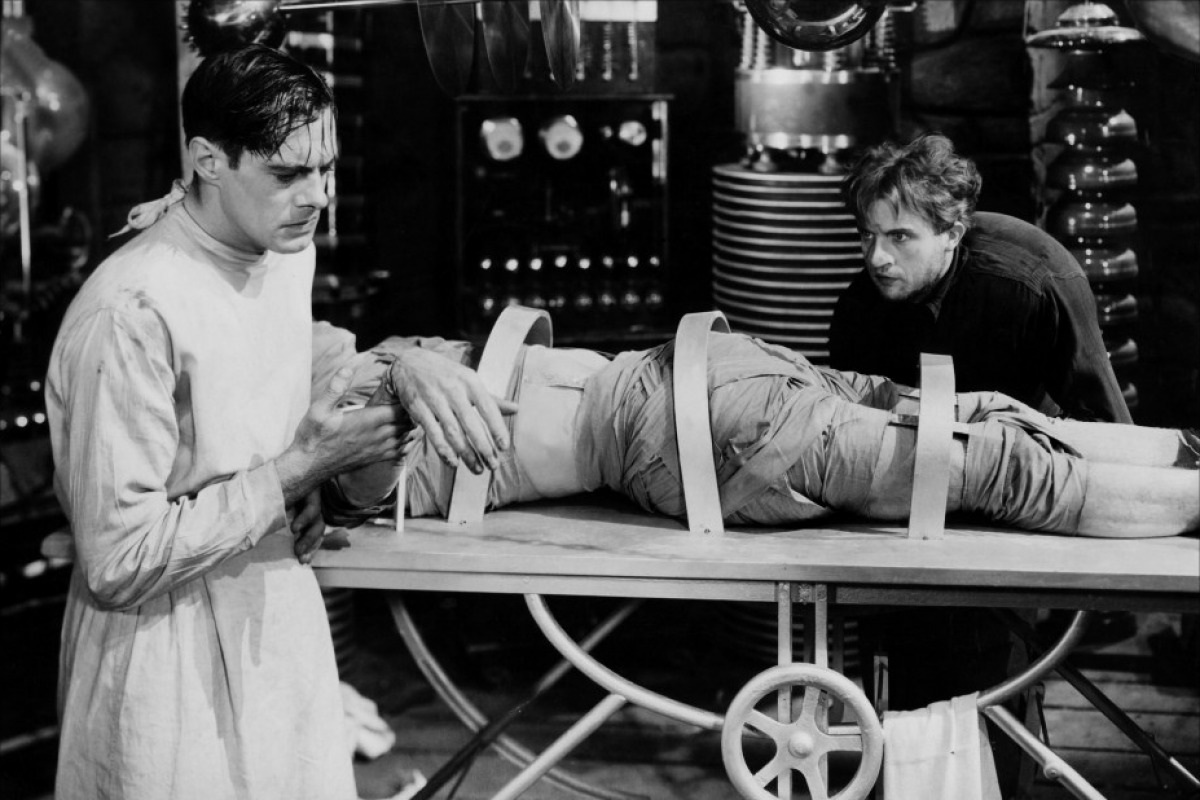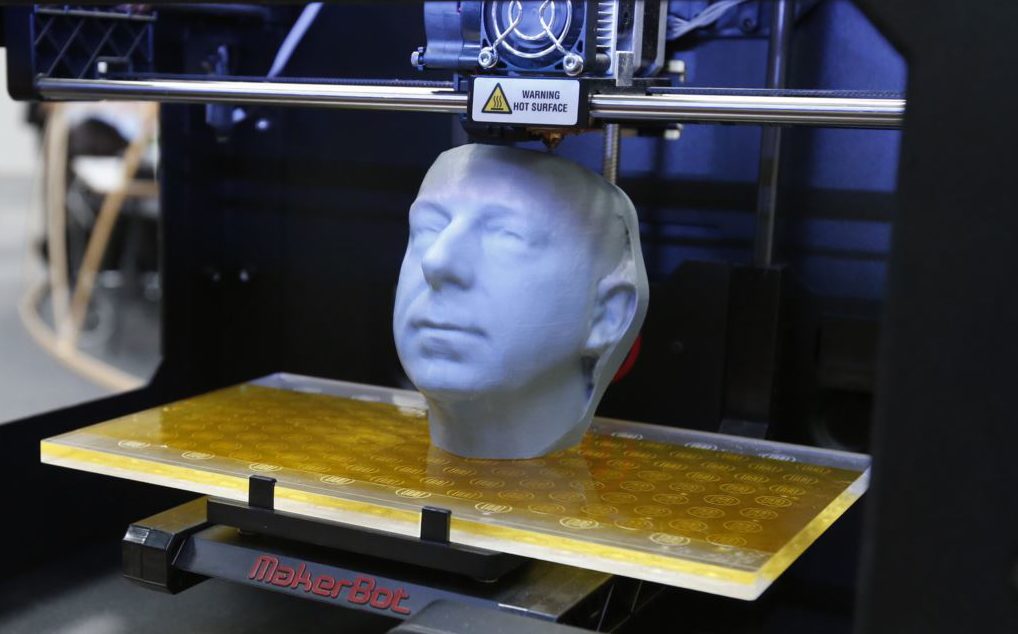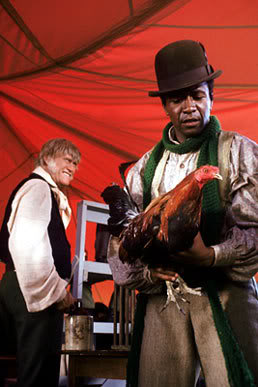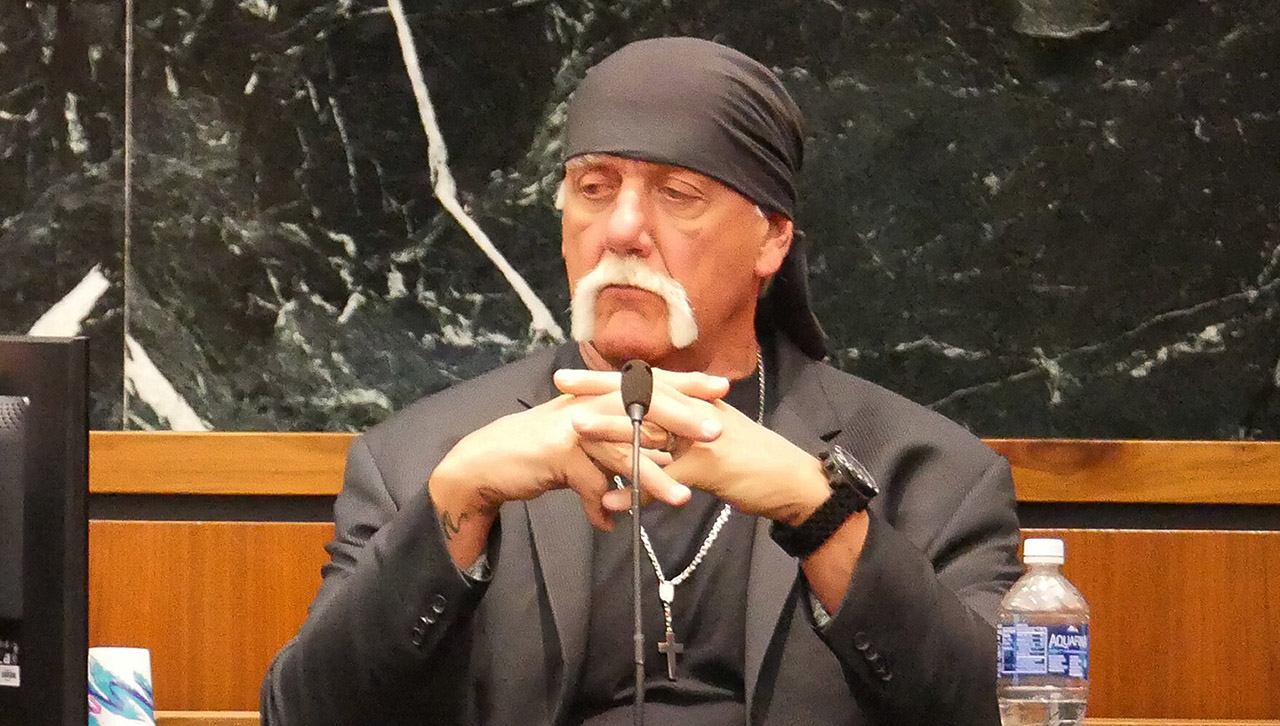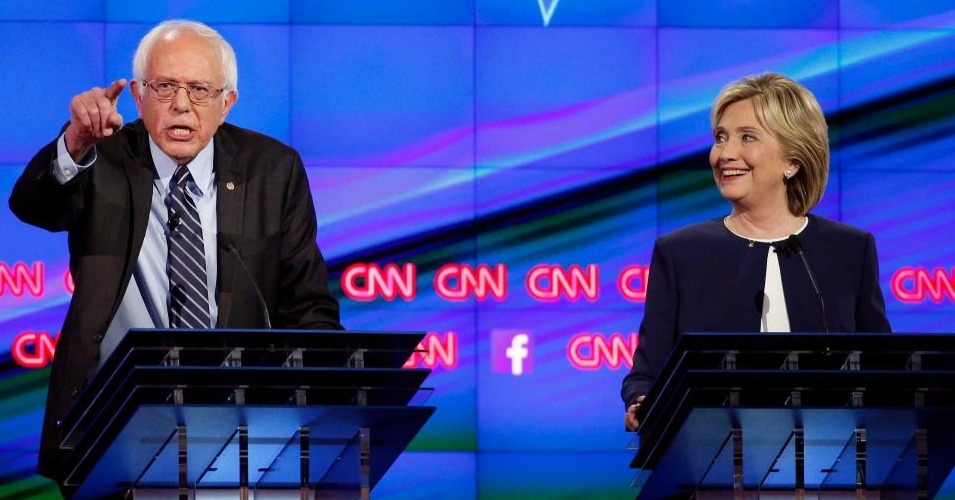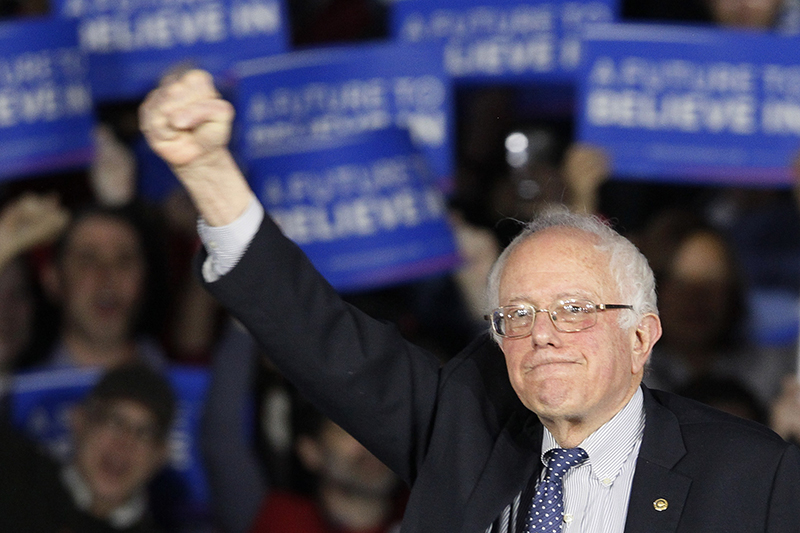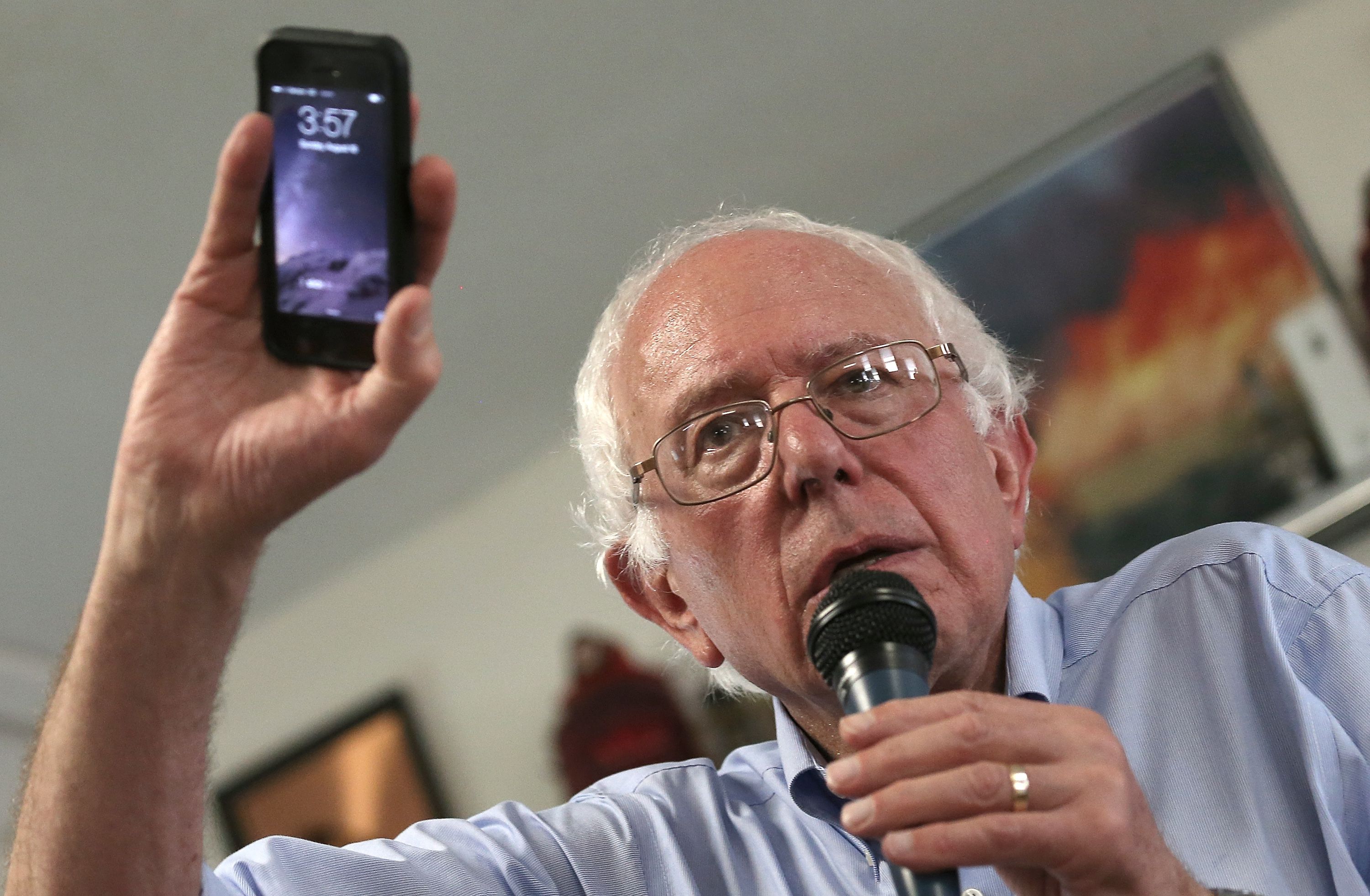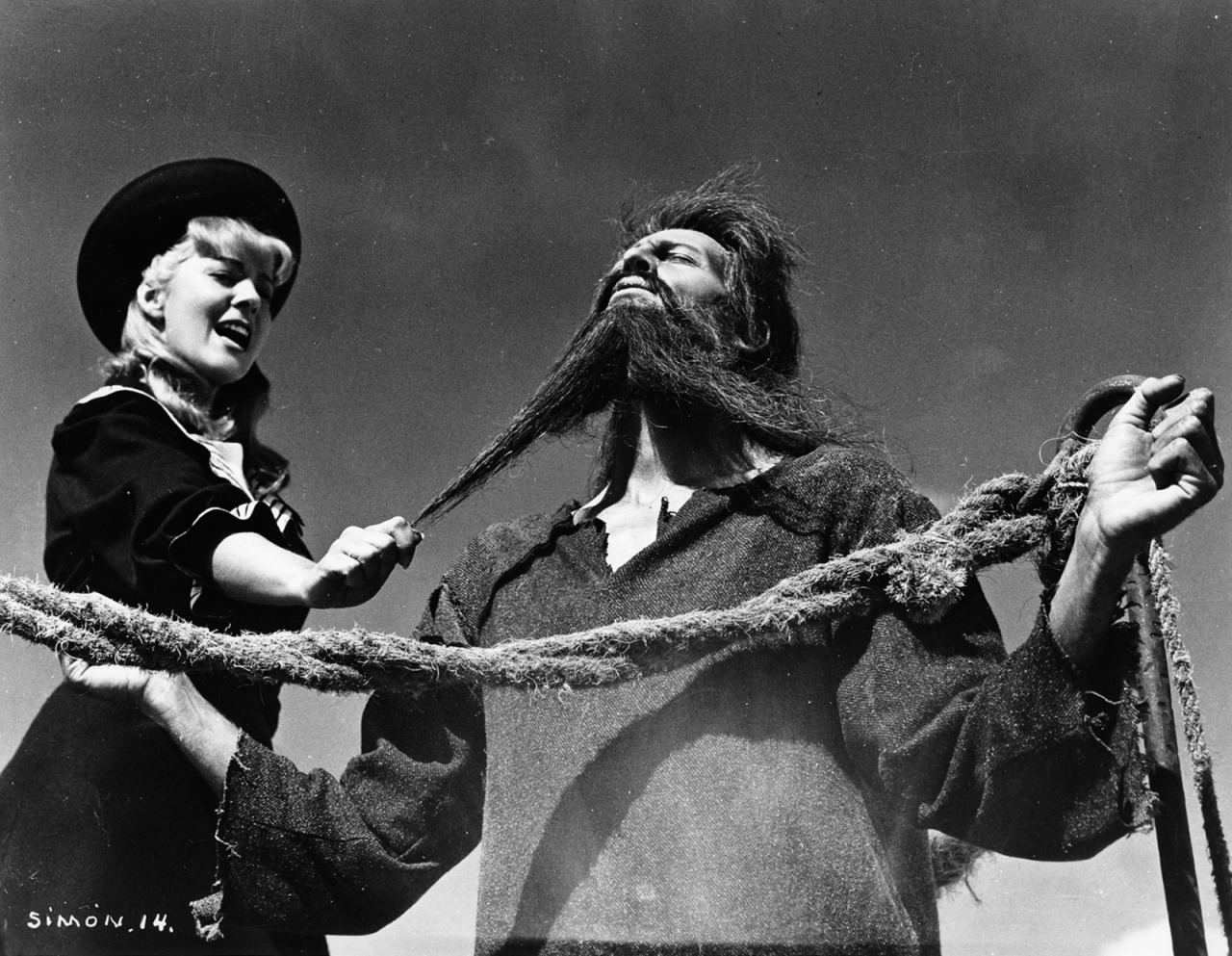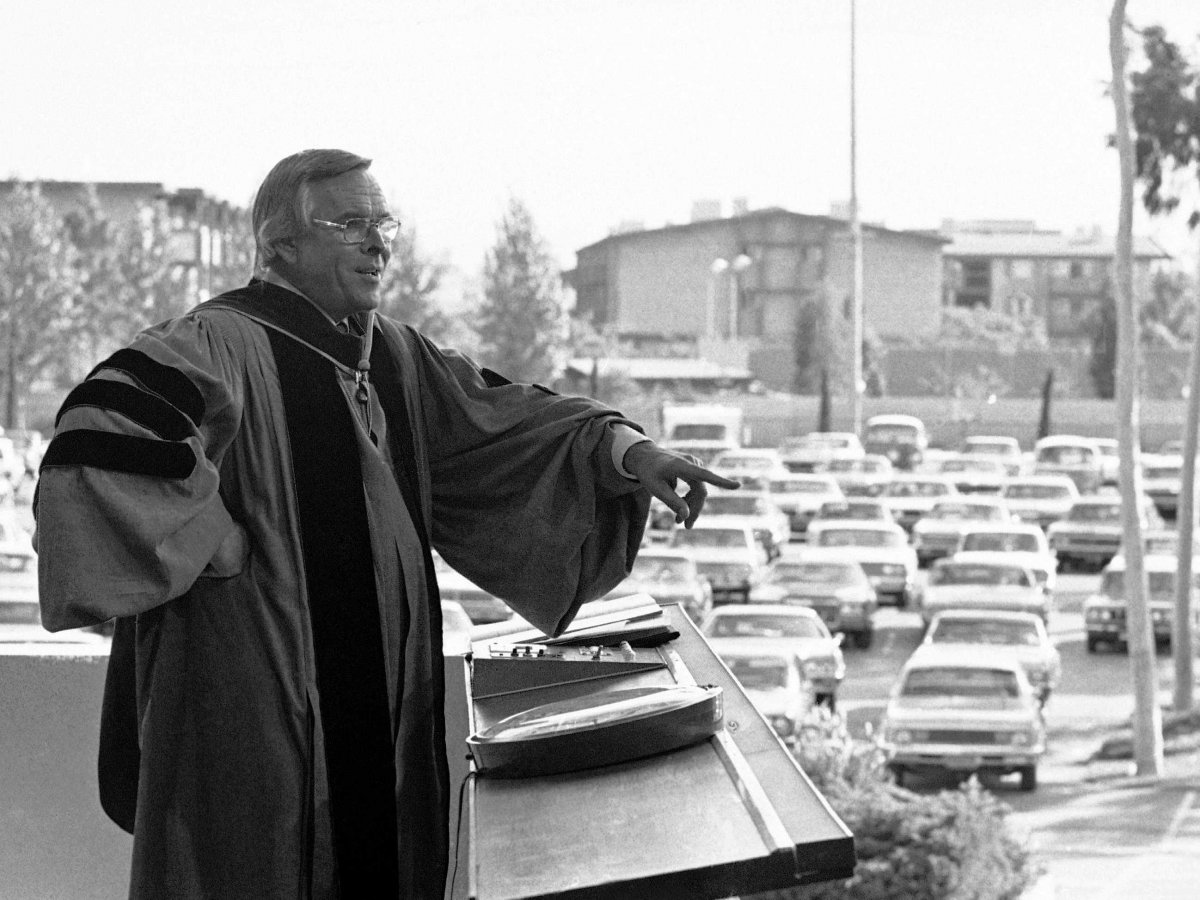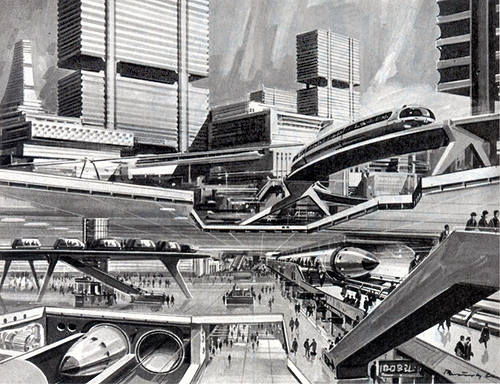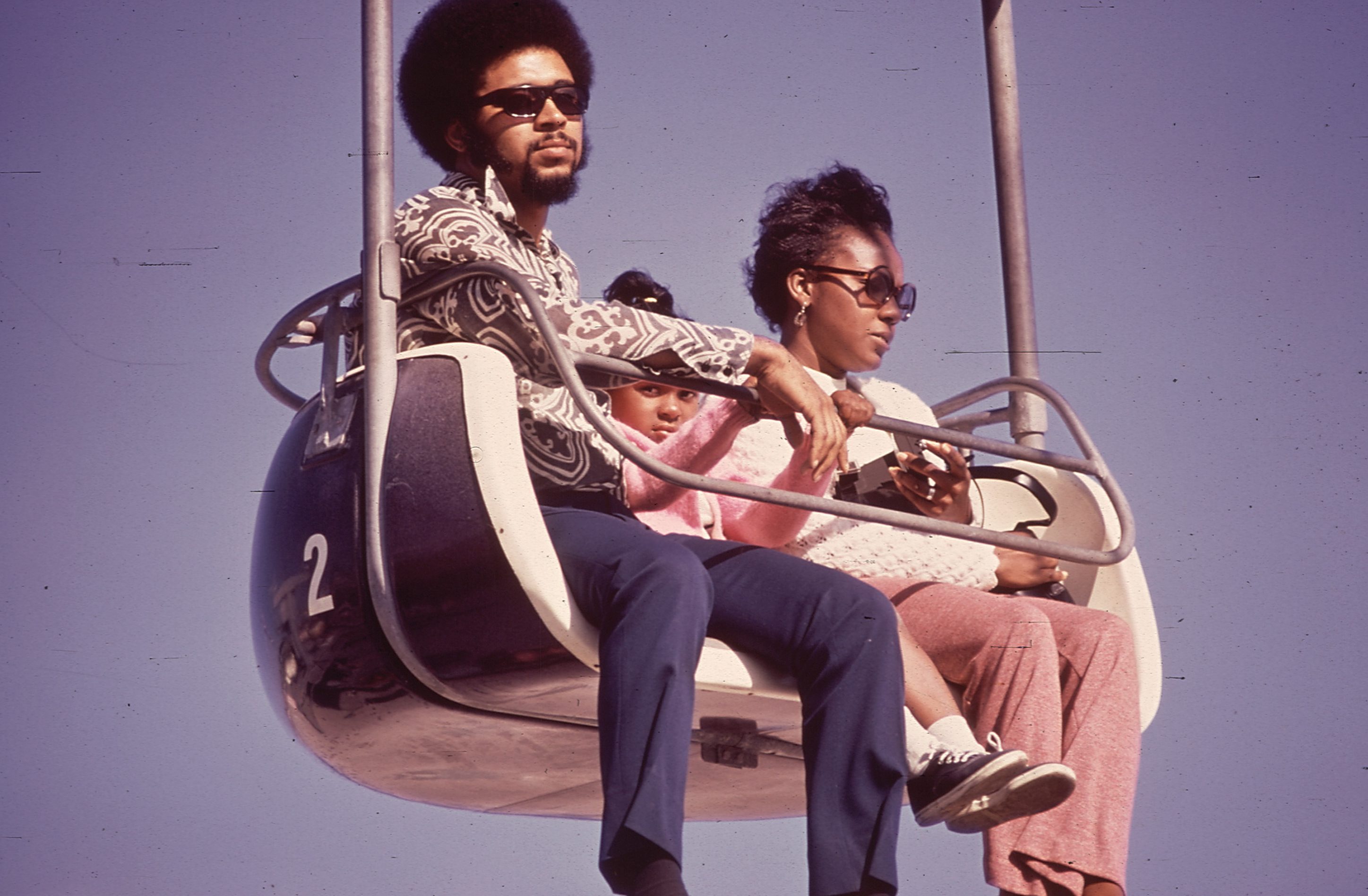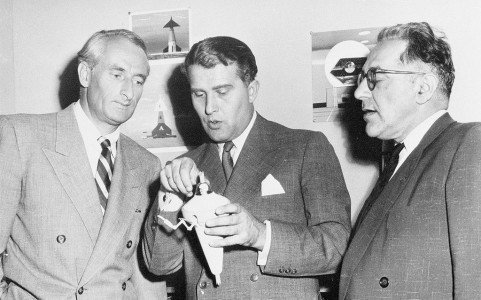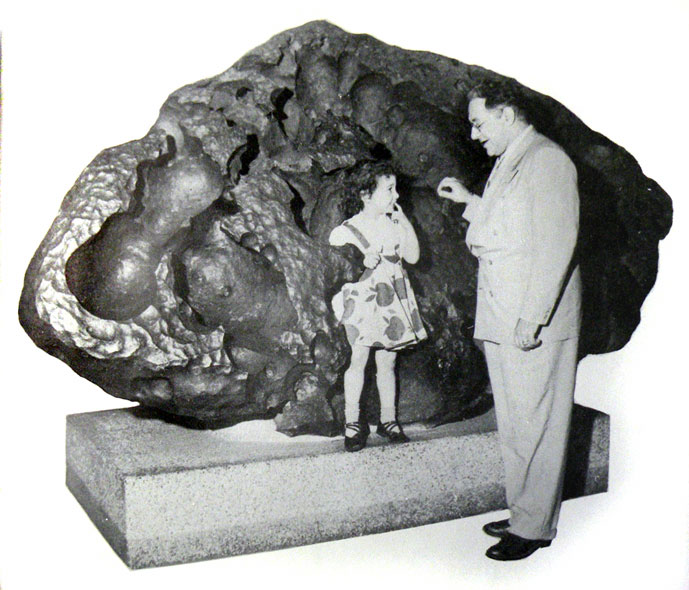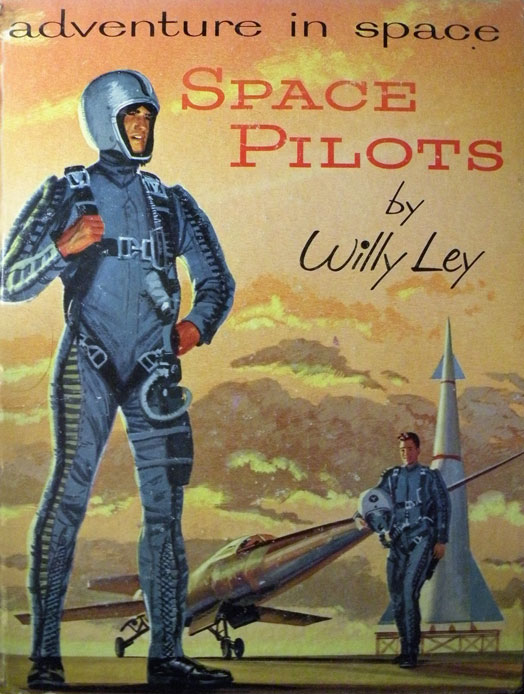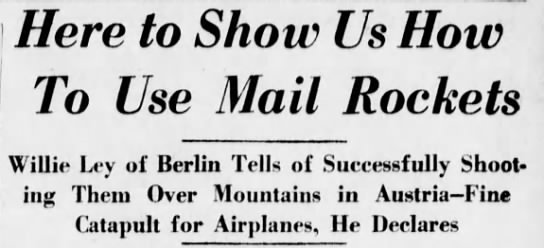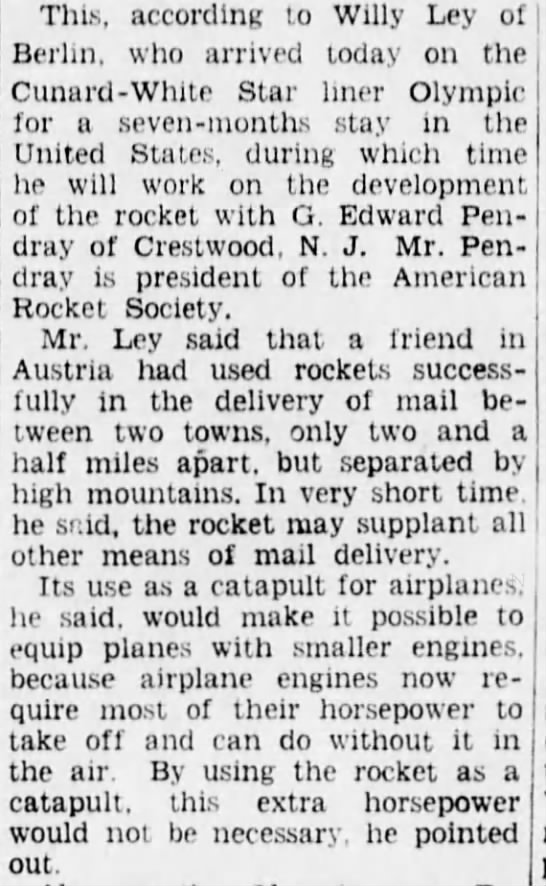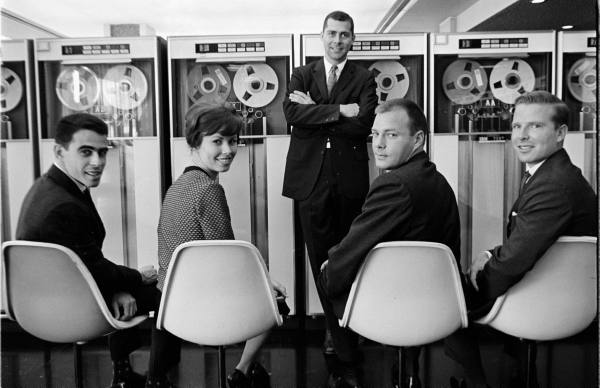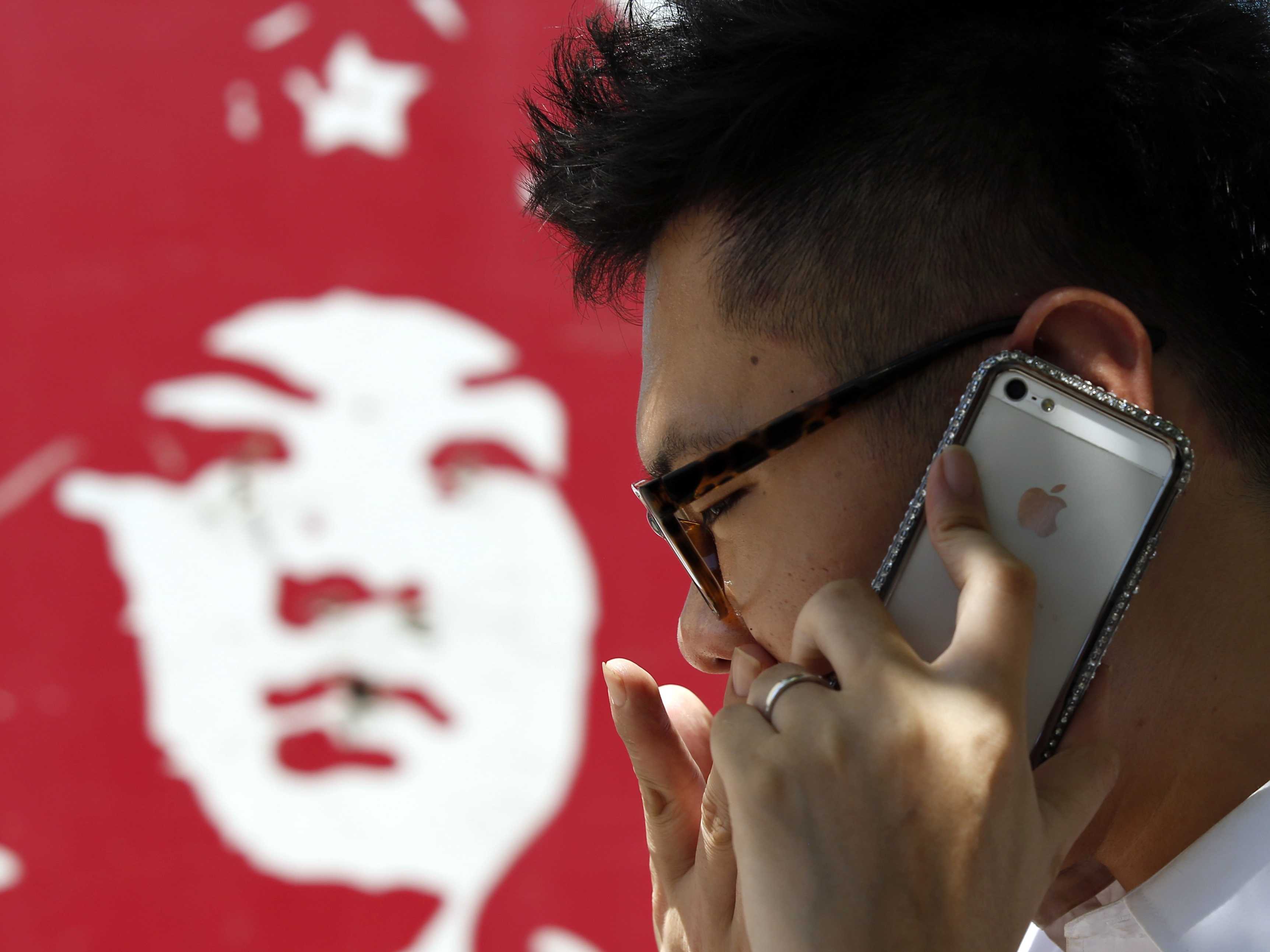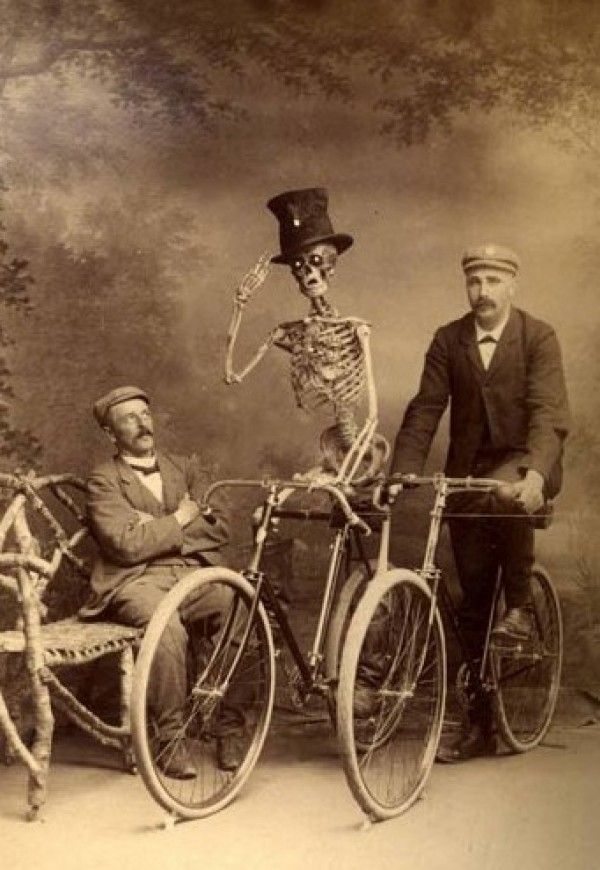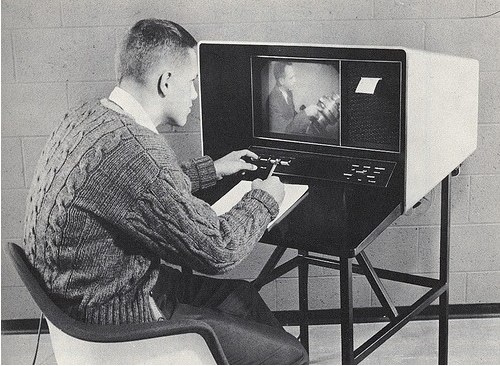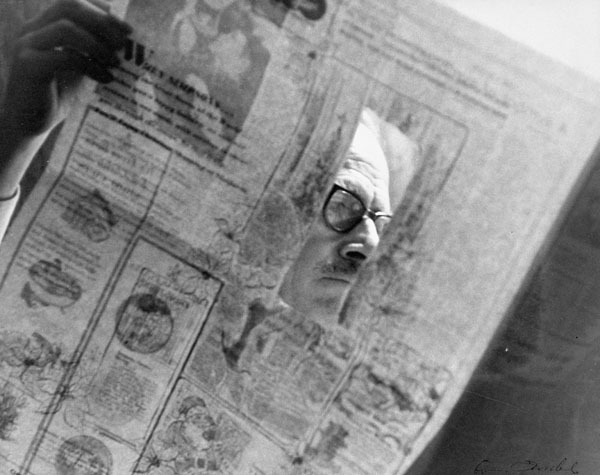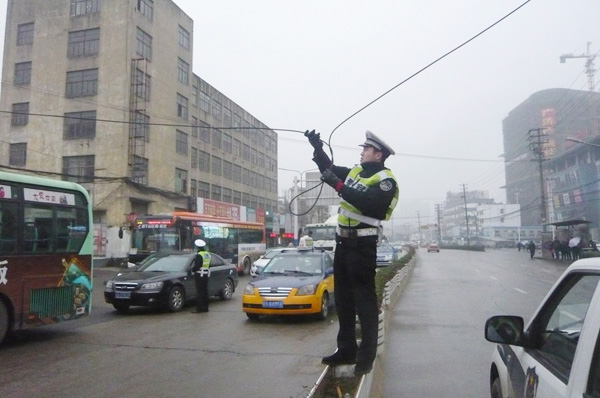Yuval Noah Harari’s Sapiens, a book of history and speculation, was my favorite read of 2015. He has a follow-up coming later this year, Homo Deus: A Brief History of Tomorrow, which extends the forecasting element of his last, which was probably the most debated section. The hopeful cover line, “What made us sapiens will make us gods,” is offset by dire predictions that AI and automation will lead to a class of people “useless” politically and economically. Harari thinks solutions will have to be found in policy, something that’s true if even part of his prognostications pan out, but in America we’re currently not great at bipartisan problem solving.
From Ian Sample at the Guardian:
AIs do not need more intelligence than humans to transform the job market. They need only enough to do the task well. And that is not far off, Harari says. “Children alive today will face the consequences. Most of what people learn in school or in college will probably be irrelevant by the time they are 40 or 50. If they want to continue to have a job, and to understand the world, and be relevant to what is happening, people will have to reinvent themselves again and again, and faster and faster.”
Even so, jobless humans are not useless humans. In the US alone, 93 million people do not have jobs, but they are still valued. Harari, it turns out, has a specific definition of useless. “I choose this very upsetting term, useless, to highlight the fact that we are talking about useless from the viewpoint of the economic and political system, not from a moral viewpoint,” he says. Modern political and economic structures were built on humans being useful to the state: most notably as workers and soldiers, Harari argues. With those roles taken on by machines, our political and economic systems will simply stop attaching much value to humans, he argues.
None of this puts us in the realm of the gods. In fact, it leads Harari to even more bleak predictions. Though the people may no longer provide for the state, the state may still provide for them. “What might be far more difficult is to provide people with meaning, a reason to get up in the morning,” Harari says. For those who don’t cheer at the prospect of a post-work world, satisfaction will be a commodity to pay for: our moods and happiness controlled by drugs; our excitement and emotional attachments found not in the world outside, but in immersive VR.
All of which leads to the question: what should we do?•

